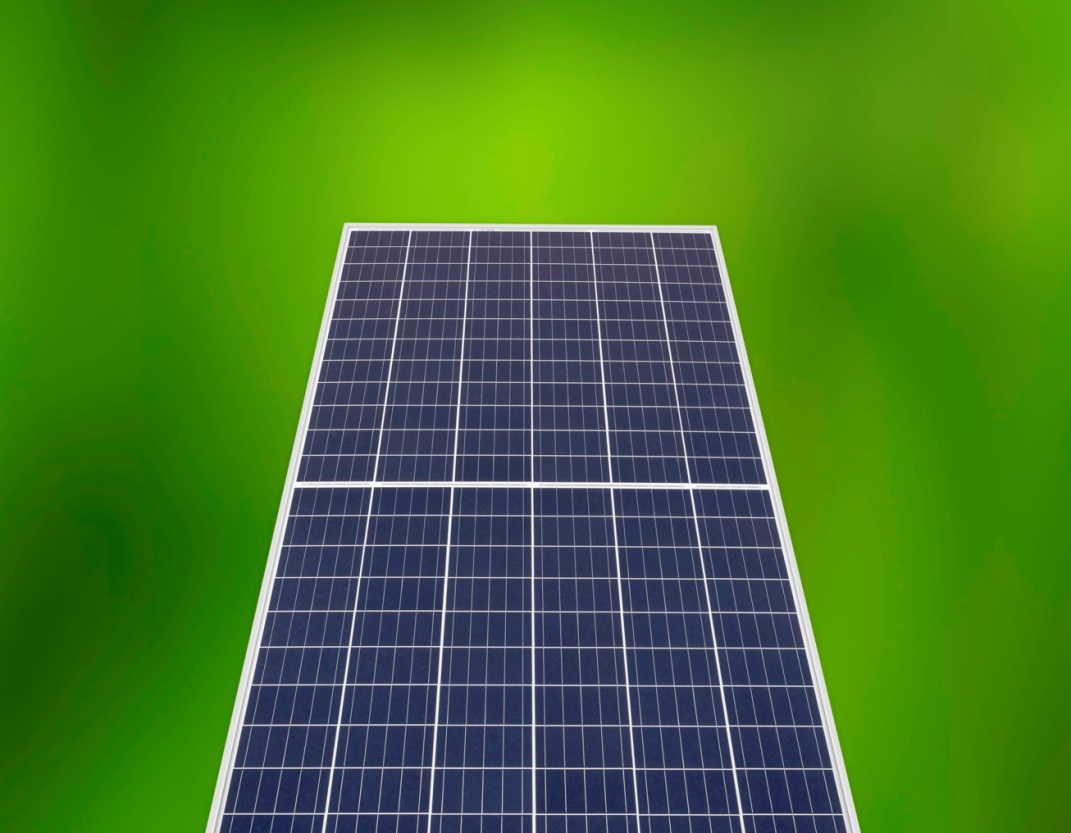The Singapore-based vertically integrated solar energy company has expanded its product portfolio with a new generation 72-cell solar module based on its REC TwinPeak technologies.
The REC TwinPeak 2S 72 Series weighs 22 kg, which is up to 4 kg lighter than standard 72-cell-sized panels, the company said.
“The REC TwinPeak 2S 72 addresses the needs of our customers in the C&I and utility-scale segments who demand large panels, with lighter weight, and high power combined with REC’s renowned product quality,” says Cemil Seber, Vice President Global Marketing and Product Management at REC.
The new REC TwinPeak 2S 72 Series panel uses several REC TwinPeak technologies including: cells made from larger wafers for increased current production, five busbars for reduced cell resistance, half-cut cell technology to reduce resistive power loss in the panel, PERC (Passivated Emitter Rear Cell) for increased light capture, and a split junction box spread across the middle of the panel, which allows improved performance in shaded conditions.
The new solar module is available worldwide and certified according to IEC 61215 and IEC 61730, as well as UL 1703 and comes in 1000 V or 1500 V configurations.
Like all REC products, this new panel is 100% free from potential-induced degeneration (PID), avoiding performance losses under harsh climate conditions, such as high heat or humidity.
Popular content
The REC TwinPeak product family was launched in early 2015.
In August 2016, the first 72-cell panel based on the REC TwinPeak platform was introduced.
In January 2017, the company rolled out the REC TwinPeak 2 Series, a 60-cell panel rated up to 295 Wp, which was followed by REC TwinPeak 2 BLK2 – a uniform black-colored 60-cell multicrystalline panel for residential installations.
Earlier in March, REC announced that its sales remained on an upward trajectory, exceeding 1.2 GW in 2016 with a 9% YoY increase in the global module shipment.
This content is protected by copyright and may not be reused. If you want to cooperate with us and would like to reuse some of our content, please contact: editors@pv-magazine.com.



By submitting this form you agree to pv magazine using your data for the purposes of publishing your comment.
Your personal data will only be disclosed or otherwise transmitted to third parties for the purposes of spam filtering or if this is necessary for technical maintenance of the website. Any other transfer to third parties will not take place unless this is justified on the basis of applicable data protection regulations or if pv magazine is legally obliged to do so.
You may revoke this consent at any time with effect for the future, in which case your personal data will be deleted immediately. Otherwise, your data will be deleted if pv magazine has processed your request or the purpose of data storage is fulfilled.
Further information on data privacy can be found in our Data Protection Policy.